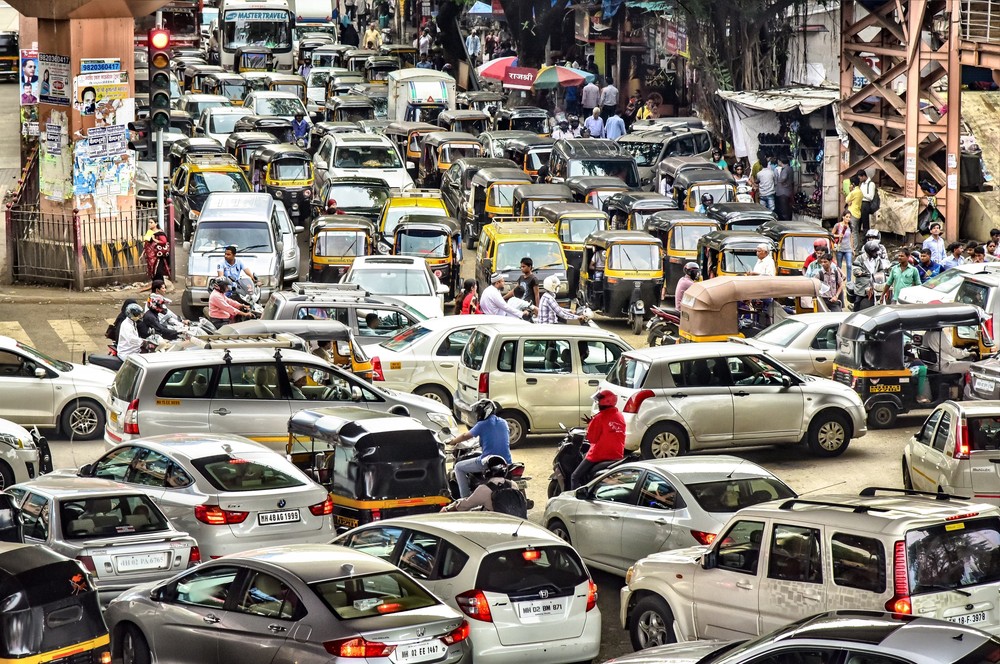How big an opportunity is India’s transition to an “electric mobility system”?
The Indian government is seeking to transition the country’s automobile stock to 100% electric by 2030. That could represent growth and savings of $330 billion, according to “Enabling the Transition to Electric Mobility in India.”
The report from the Federation of Indian Chambers of Commerce and Industry and the Rocky Mountain Institute estimates the net figure by taking the cost of importing 1,600 million metric tons of oil (the amount needed by 2030 under current trends) and subtracting the cost of domestic battery production sufficient to power 100% electric mobility, an estimated 3,500 GWh through 2030. (Indian battery makers could capture up to 40% of that value chain by importing only cells and assembling battery packs in India.) Bonus: going all-electric could eliminate one gigaton of carbon-dioxide emissions from the atmosphere by 2030.
The scale of India’s effort to leapfrog the western model of private-vehicle ownership is immense. But barriers to electric vehicle adoption are falling with steep declines in technology costs, business model innovation, and increasing connectivity. EVs are expected to cost the same as conventional vehicles by 2025. India needs to quickly to deploy a widespread EV-charging infrastructure.
And the alternative may be even more daunting. India’s urban population is projected to nearly double over the next decade. Under a business-as-usual scenario, vehicle ownership could reach 170 million by 2030.
In cities like Delhi, already dangerously polluted, the use of bus services is declining, as more urbanites can now afford to buy vehicles or use ride-hailing services. Bus passenger ridership fell 11% between 2014 and 2015.
Nitin Gadkari, India’s road transport minister, warned an Indian lobby group that India is going to move to domestically produced, cost-effective, pollution-free fuel “whether you like it or not” — and threatened to bulldoze cars that don’t conform.











